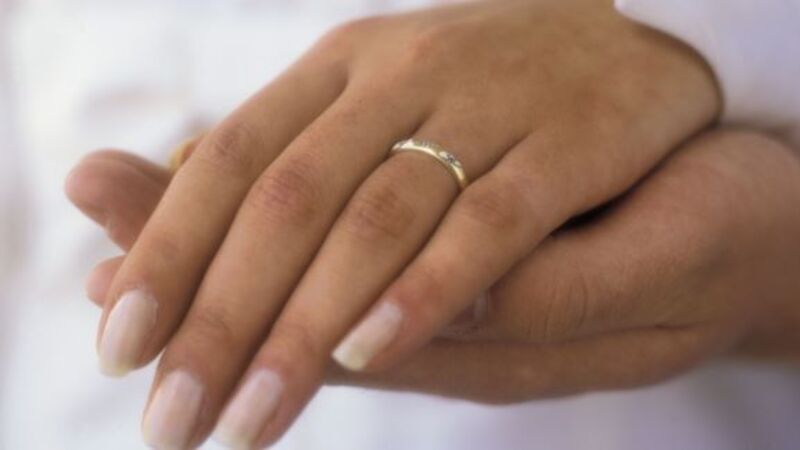Rise in number of Irish humanist ceremonies

But what exactly is humanism, and why is it becoming so popular?
At the most basic level, humanists are people who base their interpretation of existence on the evidence of the natural world, and not on belief in supernatural elements such as a theistic god, miracles, or an afterlife.













